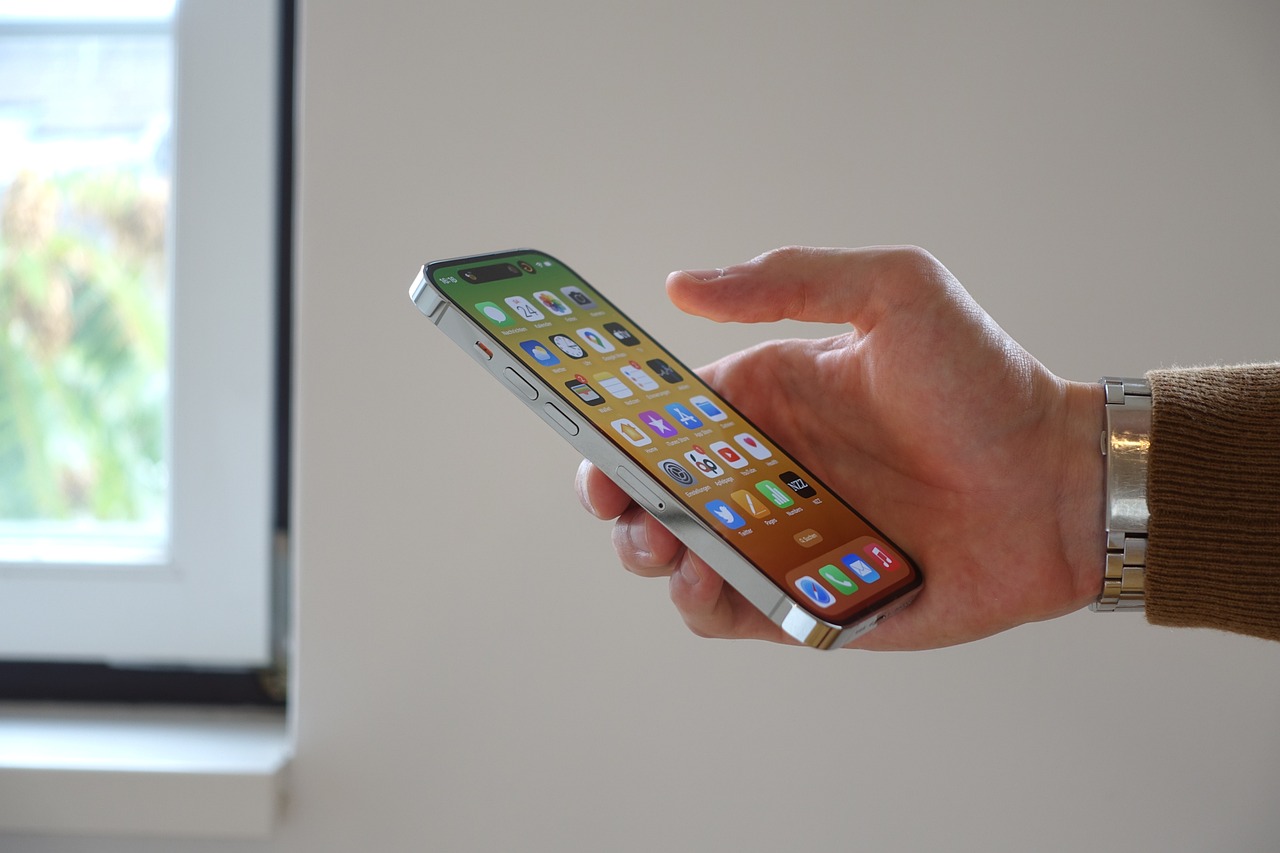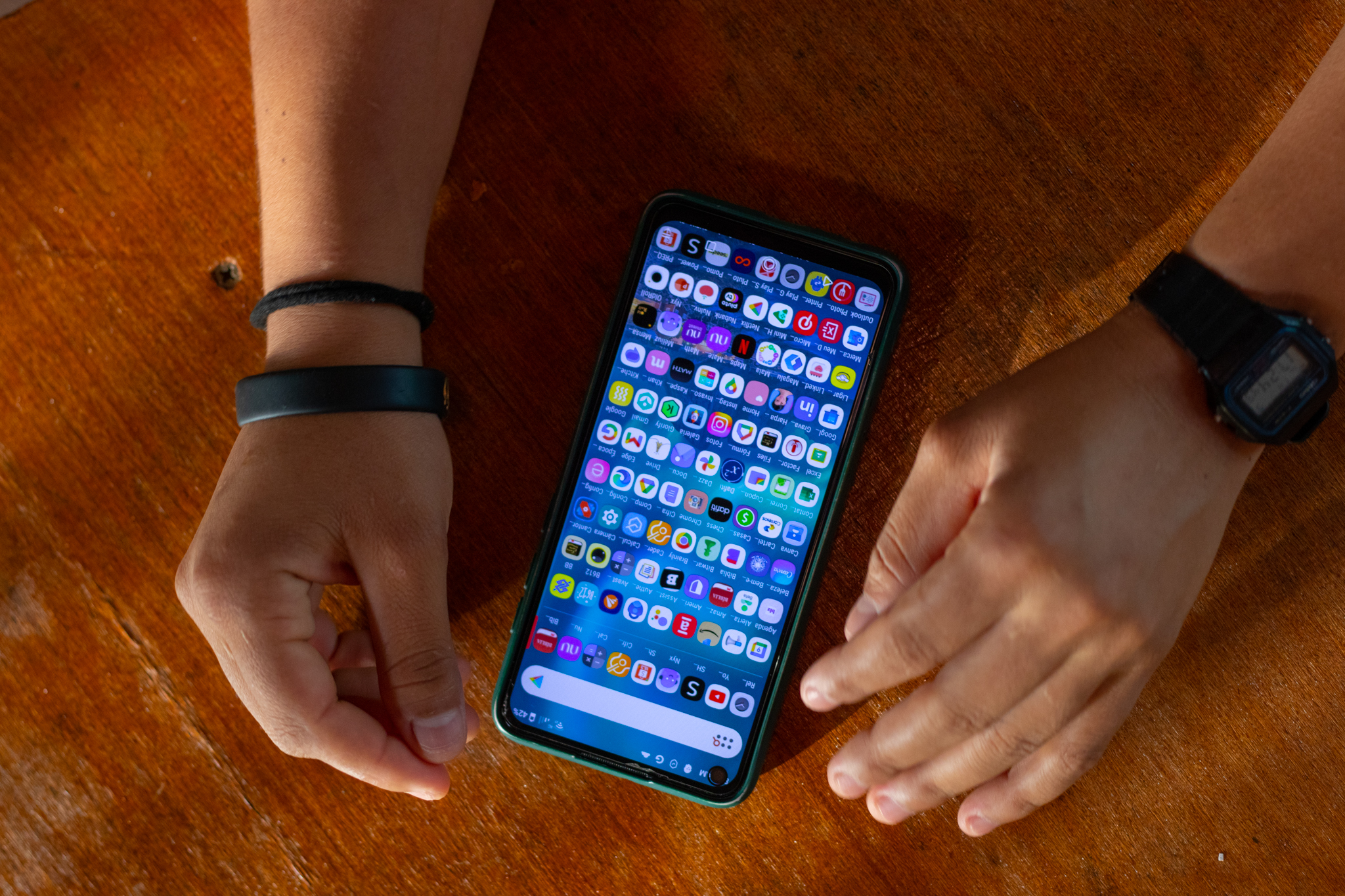The Federal Revenue Service has banned airport employees from using cell phones while working. Find out more!
We live in an increasingly connected world and technology has played a central role in our lives, including in the context of work relationships. However, the balance between the use of technology and work rules has become a point of conflict in several sectors.
Recently, outsourced employees at Guarulhos International Airport in São Paulo, one of the busiest in the country, went on strike to protest restrictions on the use of cell phones during working hours. The use of cell phones was banned by the Federal Revenue Service after Brazilian women had their luggage tags changed and were arrested in Germany with drugs in their suitcases. However, the workers said they cannot remain incommunicado.
Continue reading and learn more about this controversial subject.

Restricting cell phone use in the workplace
Employees of Air Transport Support Services Companies play a fundamental role in the operation of airports and the aviation system in general, being responsible for all outsourced ground activities and ramp and runway services. This is so much so that they are generally divided into general support services to the aircraft, passengers and the handling of cargo, baggage and mail.
The main services provided by these employees include: ramp services; loading and unloading of baggage, passengers and cargo; fuel supply; power supply; communications and control; aircraft positioning; check-in services; baggage control and much more.
These examples are just a few of the many different services currently performed by employees on the ground at airports in Brazil and around the world. Guarulhos International Airport, located in the metropolitan region of São Paulo, is the largest airport in Brazil, South America and one of the largest in the world, not only in terms of size but also in terms of the number of passengers transported, having handled around 34,418,318 passengers in 2022 alone.
It was precisely in this location that outsourced employees expressed their disagreement with the recent determination of the Federal Revenue, triggering the strike that went beyond the runways. The restriction prohibited the use of devices in some areas sensitive to airport security after detecting crimes and more than a hundred arrests. The turning point was the crime where two Brazilian women had their luggage tags changed by criminals infiltrated among the employees. The two were arrested in Germany with drugs in their bags.
Workers
In their defense, these workers claim that they cannot be incommunicado during work hours, as they need to monitor family situations, especially in relation to the care of children, relatives and elderly people who need care. This is also linked to the fact that cell phone use is now permitted in their work routine.
The Federal Revenue Service confirmed that it has regulated access to cell phones and equipment capable of capturing images in the air cargo terminal, controlled areas, restricted security areas of passenger terminals and airport aprons. According to the agency, the regulation was discussed and approved by the airport community and is necessary because organized crime uses cell phones to commit crimes.
According to the IRS, the ban only applies to the most sensitive restricted areas. In these areas, the use of institutional cell phones is permitted. Therefore, the restriction is a measure to protect the community.



